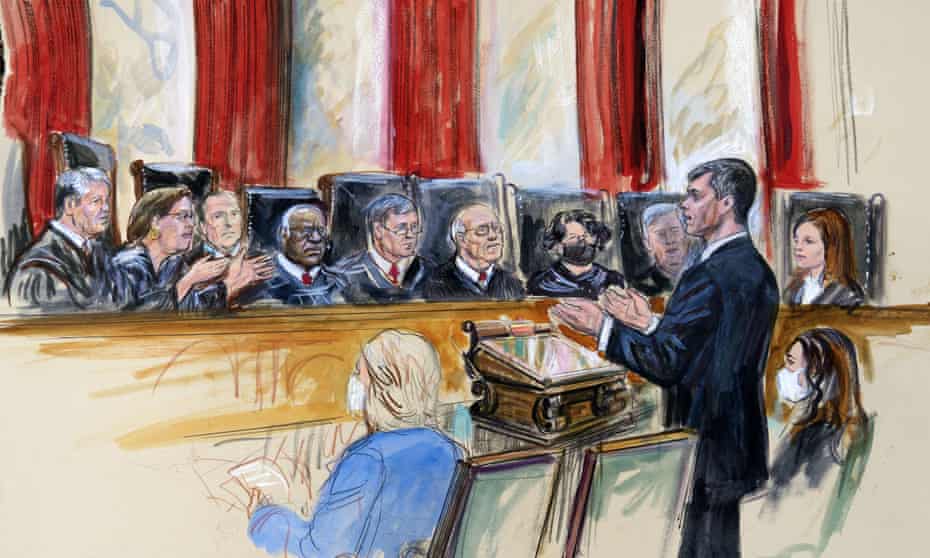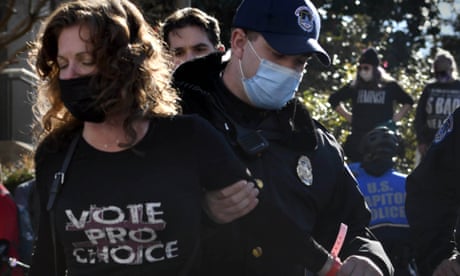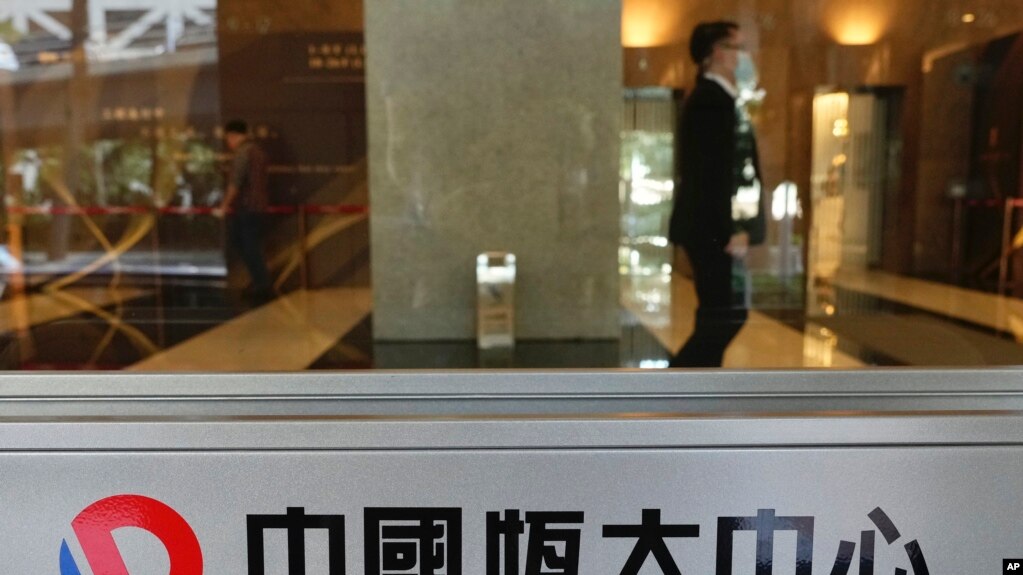Alia Shoaib
Sun, December 5, 2021

President Joe Biden's son Hunter Biden (L) and Fox News host Tucker Carlson (R).
The Daily Mail published emails that reveal a close friendship between Hunter Biden and Tucker Carlson.
Biden wrote a college recommendation for Carlson's son, and Carlson intervened in an unflattering news story about Biden.
The intimate interactions appear to be at odds with Carlson's public attitude towards Biden.
Emails published by The Daily Mail appear to show a surprisingly close friendship between Hunter Biden and Fox News host Tucker Carlson.
In the emails, President Joe Biden's son tells Carlson that he loves him and his family and describes him as his "friend" and "buddy."
The Daily Mail said it found the emails on Hunter Biden's abandoned laptop, which was the subject of intense controversy before the 2020 presidential election.
The laptop was said to have been left in a Delaware computer shop, then handed to former President Donald Trump allies, and eventually ended up with the Daily Mail.
One email exchange published by the outlet revealed that Biden wrote a letter of recommendation to Georgetown University for Carlson's son.

LinWood/Telegram
"Hunter! I can't thank you enough for writing that letter to Georgetown on Buckley's behalf," Carlson wrote in the email from November 2014.
"So nice of you. I know it'll help. Hope you're great and we can all get dinner soon. Tucker," the email continued.
The intimate interactions appear to be at odds with Carlson's public attitude towards Biden.
In April, Carlson baselessly claimed that Biden watches child pornography, and during

Another email exchange from August 2015 revealed that Carlson appeared to have intervened in a Daily Mail news story about Biden using a website for those seeking extramarital affairs.
At the time, Biden denied reports that he had opened an "Ashley Madison" account using his name and email address.
On August 27, Biden wrote "call me pls" to Carlson, and two hours later, the Fox News anchor responded, revealing that he had contacted the editor on Biden's behalf.
"Just lost my shit on the editor over there. He claims the London office forced him to do it. He's a pig either way, and I told him so,"' Carlson wrote.
"This whole thing is disgusting and awful, and it breaks my heart that you all have to go through it. I'm really sorry. Let me know if there's anything Susie and I can do to help."
Biden responded: "I'm sorry for even calling you. I know I put you in a difficult position- and upon reflection, as you're [a] friend I should have never done that."
He also said that the reports were false and was agitated after a journalist went to his house and questioned his daughter.
"Regardless, I should have never put you in this position – you have your own family, all of whom I love, and your own business, and defending me is not something a friend should ask a friend to do. Tell Susie we love her and miss you both very much," the email continued.
In another email, Biden wrote to a friend and described Carlson as "a nice guy - that I completely disagree with on everything."
A Fox News spokeswoman told The Daily Mail that Carlson "has been transparent about his relationship with the president's son."
Although he declined to comment on Biden's college recommendation letter for his son, he confirmed that he had called the Daily Mail editor on Biden's behalf.
"Daily Mail reporter showed up at his house when he wasn't home and informed one of his daughters that her dad was cheating on her mom. I don't care if it's Hunter Biden or not, that's awful," he told the outlet.
"I knew the Daily Mail's Washington editor at the time, so I called and told him I thought he was a pig for doing that. That's still my opinion."
Earlier this week, Trump-allied lawyer Lin Wood published some of the emails on his Telegram account and criticized the pair's "buddy buddy" relationship.










